We so often say “LGBT” like it’s all one monolithic community. Then we debate the addition of “Q,” which often leaves “LGBT” out there on its own, as if “elgeebeetee” is a given. Several years ago, I did some research on LGBT community readiness to address intimate-partner violence. I was part of a team that interviewed and scored readiness for each of L, G, B, and T. I learned some things about bisexual people that I never knew before. Mostly, I learned that I have more questions. Where are bisexual people? When they chuckled when we used the phrase “bisexual community,” saying they didn’t have one…well…what did that mean? Six years later, bisexual people, especially women, are showing up in LGBT health data as experiencing greater disparities than other groups. As I began writing this article, I realized this would not be one with answers, but one that led to more questions.
Two data sets in particular showed a glaring difference. In Wisconsin 2011 Youth Risk Behavior Survey data, the negative mental-health experiences of LGB youth stood out from non-LGB youth. Within that LGB group, however, bisexuals showed the greatest disparity, with 60 percent of bisexual youth reporting depression, compared to lesbian and gay (46 percent), unsure (44 percent) and heterosexual (20 percent) youth. Further, bisexual was the most frequent identity named within lesbian, gay, and bisexual respondents. In other words, when L, G, and B youth were lumped together, any points to be made about “LGB” as a group were largely influenced by the experiences of bisexuals.
The second data set was from the National Intimate Partner and Sexual Violence Survey (NISVS). In 2013, the Centers for Disease Control and Prevention released The National Intimate Partner and Sexual Violence Survey: 2010 Findings on Victimization by Sexual Orientation. NISVS asks a series of questions about experiences of violence and includes questions about sexual orientation and the sex of the abusive partner. A few areas showed significantly higher experiences of violence for bisexual women.
• Forty-four percent of lesbian women, 61 percent of bisexual women, and 35 percent of heterosexual women experienced rape, physical violence, and/or stalking by an intimate partner in their lifetime.
• Approximately 1 in 5 bisexual women (22 percent) and nearly 1 in 10 heterosexual women (9 percent) have been raped by an intimate partner in their lifetime.
• Approximately 1 in 8 lesbian women (13 percent), nearly half of bisexual women (46 percent), and 1 in 6 heterosexual women (17 percent) have been raped in their lifetime. This translates to an estimated 214,000 lesbian women, 1.5 million bisexual women, and 19 million heterosexual women.
These data lead to even more questions. Why do bisexual people, and women in particular, experience high levels of depression and of violence? Why do we continue to talk about lesbian and bisexual women as one population? What other health disparities do bisexuals experience? A quick look at data on smoking shows bisexual men and women smoke at a higher rate than other sexual minority individuals. Is everything worse?
In a quest for why and with hopes for prevention, I circled back around to social determinants of health and the role of minority stress. In-fighting in LGBT communities once again appears. Bisexual people do not just hear bi-phobia from heterosexuals, but from Ls and Gs, too. To what extent, if any, do the following stereotypes about bisexuals contribute to poor mental health, unhealthy coping mechanisms, internalized bi-phobia, and on and on?
• Stereotype 1: Bisexuality is just a phase on the way to coming out as gay or lesbian.
• Stereotype 2: Bisexuals are promiscuous; they want to sleep with everyone.
Both stereotypes and others about bisexual people point to the same conclusion—that bisexuality is not a real identity. I’ve also heard bisexual people say that they are not accepted by heterosexual or gay/lesbian communities. Many L, G, B, and T people experience a lack of acceptance and internalized phobias that contribute to minority stress. However, we often to fail to consider our own experiences when we use stereotypes against others within L, G, B, and T communities.
I said there wouldn’t be any answers in this article—yet. However, there are some next steps. First, we need a good idea of all the health issues where bisexuals are disproportionately represented, data that will be limited by samples that ask respondents for sexual orientation and sex of sex partners. And we need to confirm whether we really mean bisexual women, or bisexual men and women. In some data sets, the two are not separated. Next, we need to listen. We need to find a way to hear from a community that does not have a community and may be kept silent in lesbian, gay, and heterosexual communities. We know LGBT people experience health disparities; we need to pay attention when it is even worse for any part of our community.
Molly Herrmann is an activist, researcher, trainer, and consultant on LGBT intimate partner violence (IPV) with Humble Pie Consulting. She also currently works as a health educator in the state AIDS/HIV Program.




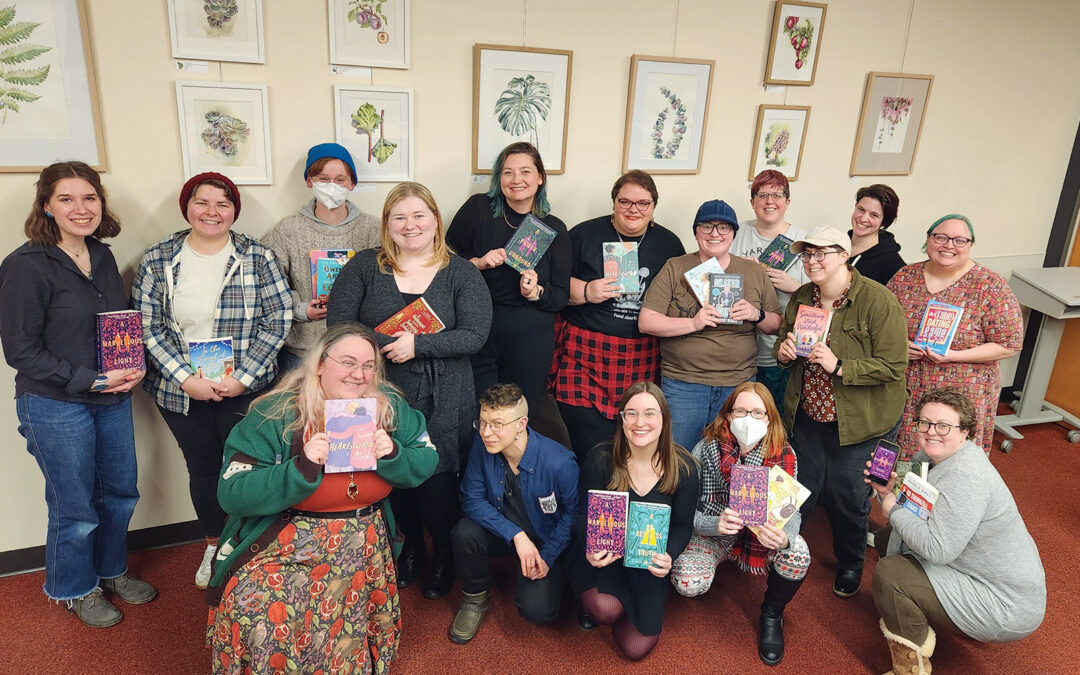
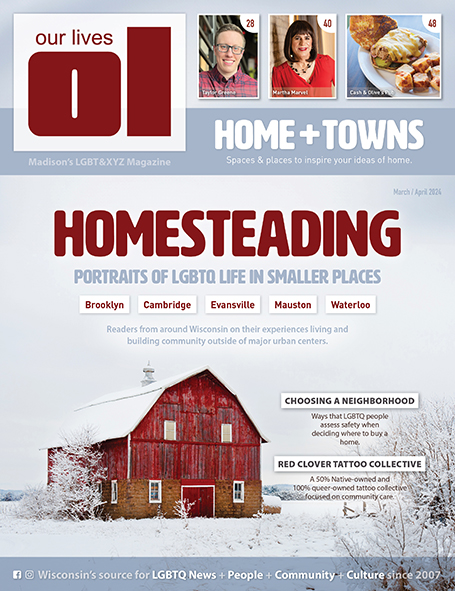
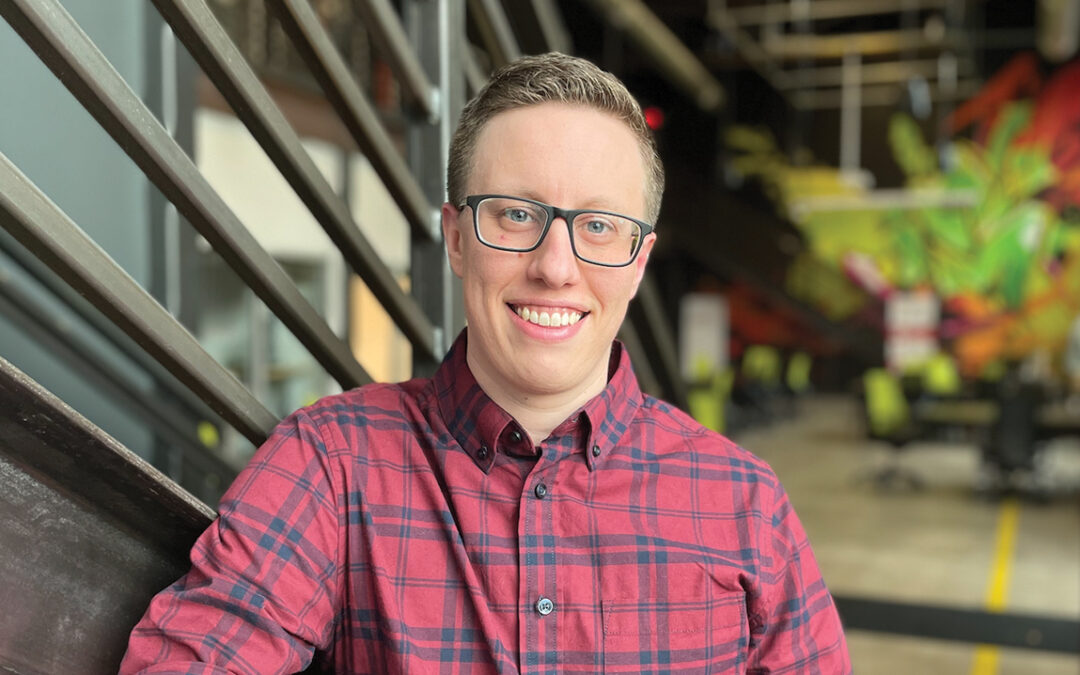
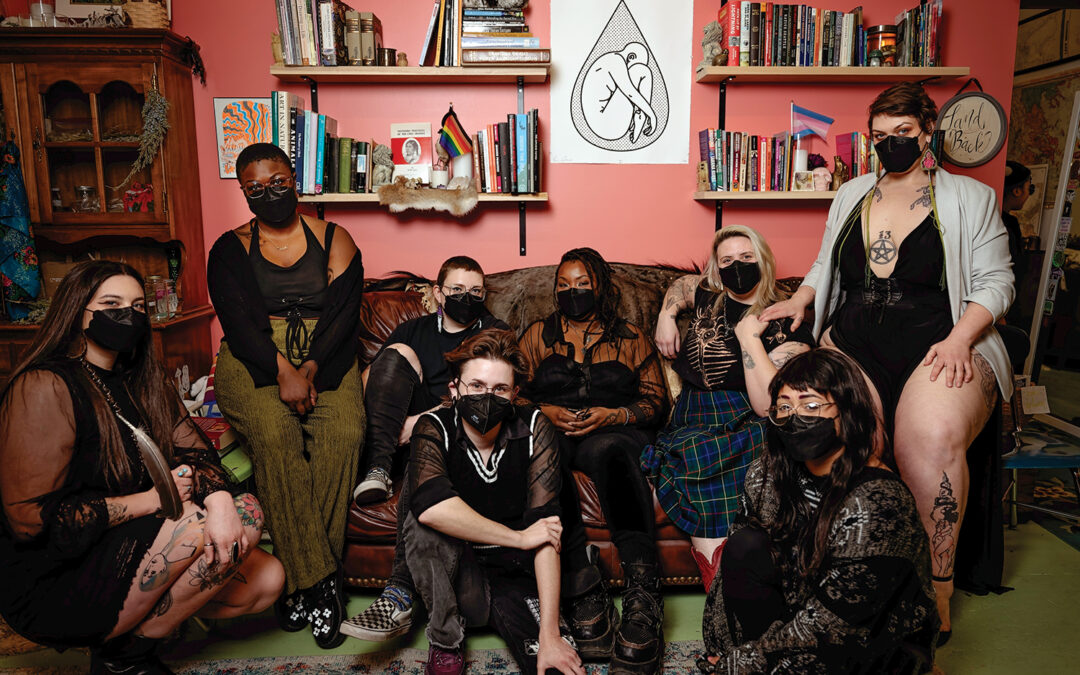
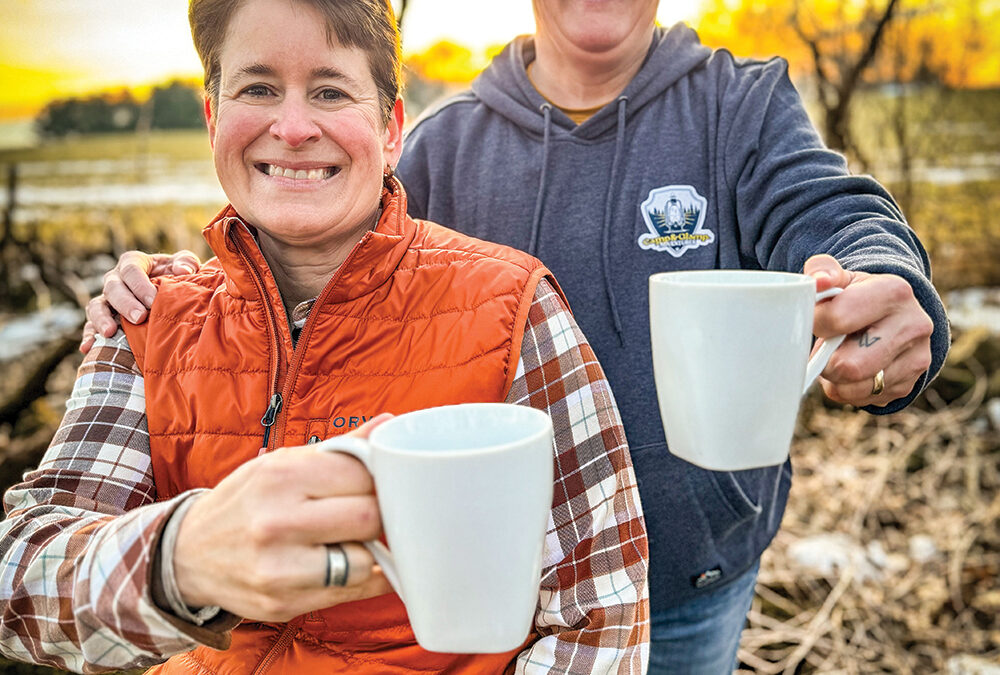
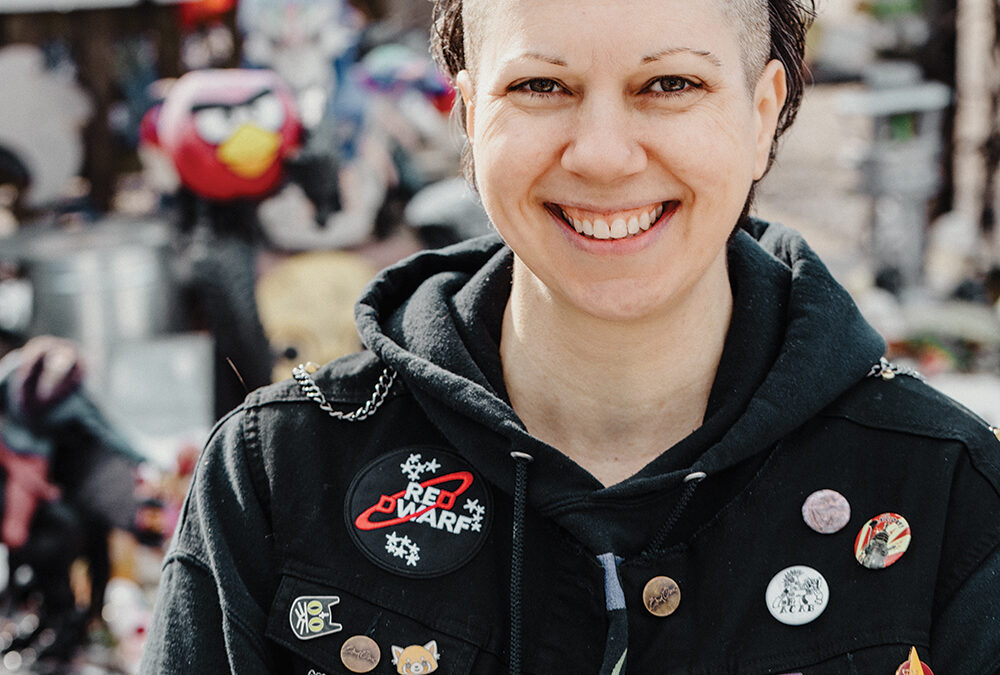
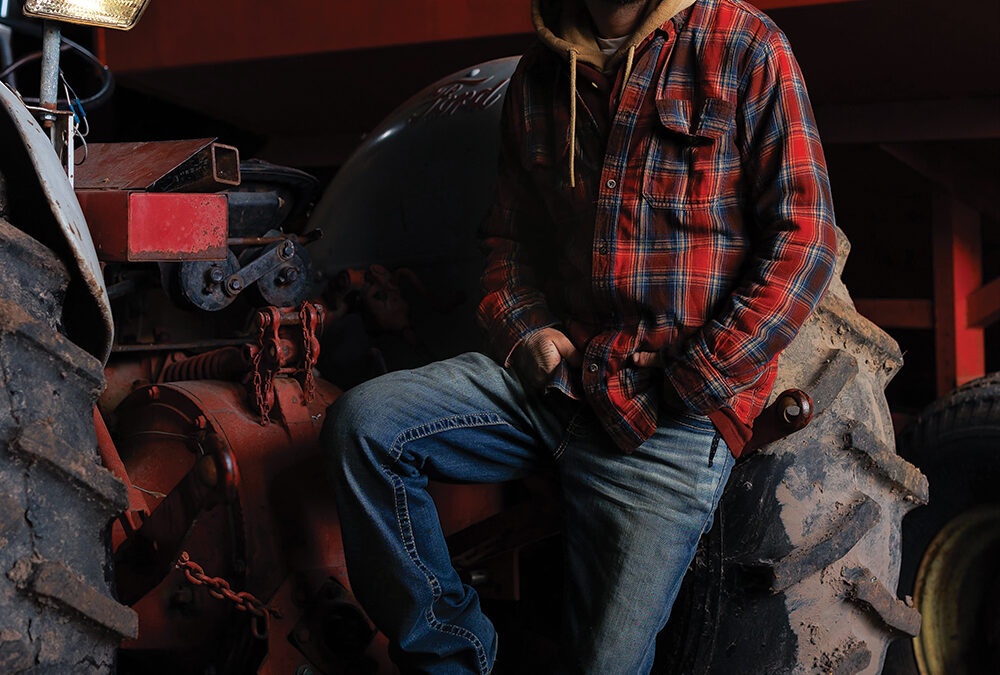
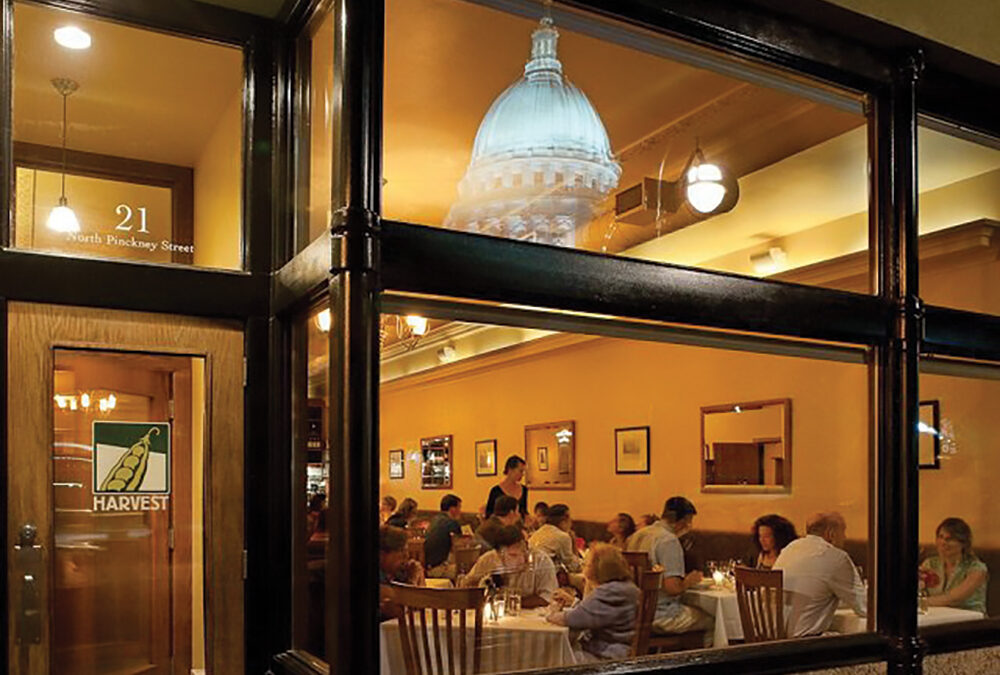
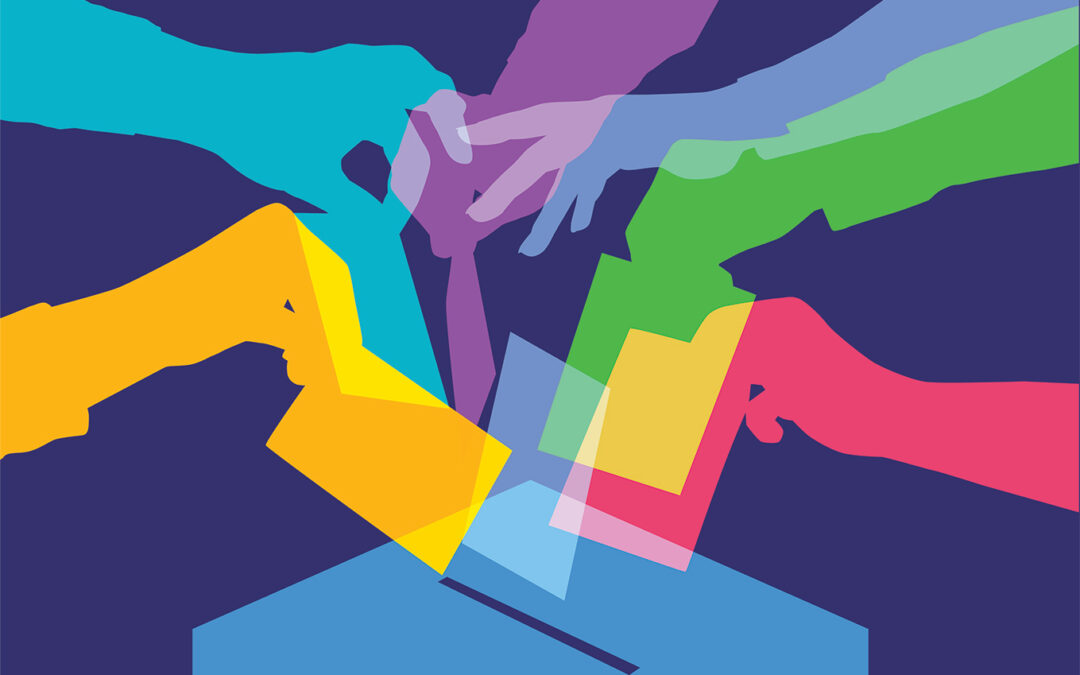
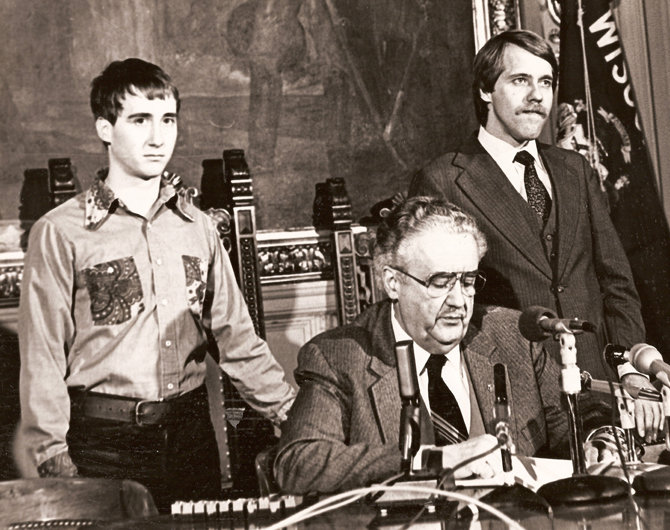










0 Comments